Blog
- Home
- Blog
How to Choose the Right Residential Solar System for Your Home
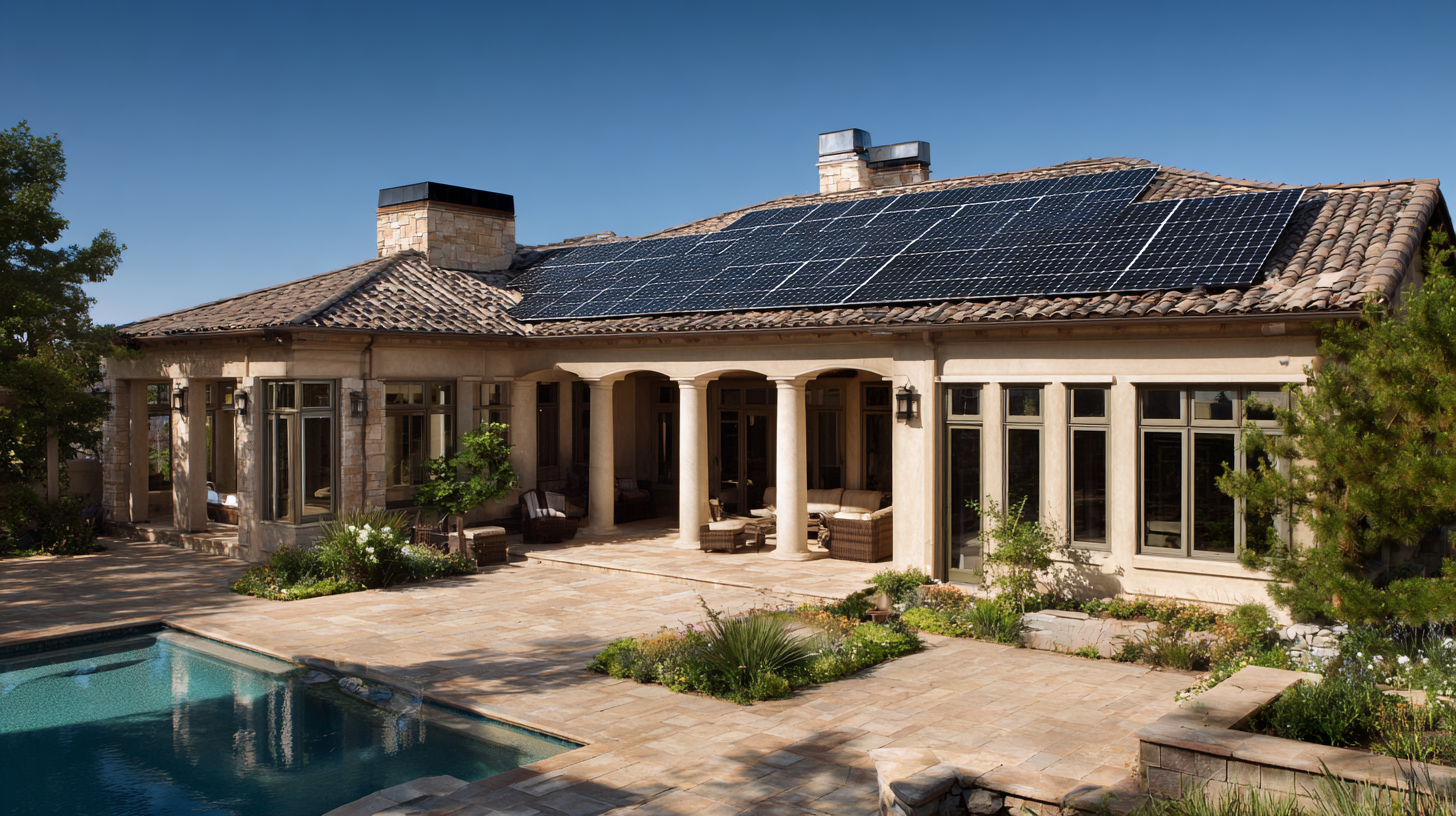 Choosing the right residential solar system for your home is a critical decision that can significantly impact your
energy savings and environmental footprint.
With the growing popularity of residential solar systems, homeowners are presented with a myriad of options, each promising efficiency and cost-effectiveness.
However, navigating through the various types of solar panels, inverters, and installation services can be daunting.
Choosing the right residential solar system for your home is a critical decision that can significantly impact your
energy savings and environmental footprint.
With the growing popularity of residential solar systems, homeowners are presented with a myriad of options, each promising efficiency and cost-effectiveness.
However, navigating through the various types of solar panels, inverters, and installation services can be daunting.
Understanding the specific energy needs of your household, the available space for installation, and the local climate conditions are essential factors that influence your choice. Additionally, evaluating incentives, financing options, and warranty packages will help ensure that you make an informed decision that aligns with your long-term energy goals.
This guide aims to simplify the process by offering key considerations and expert insights into selecting the ideal residential solar system tailored to your unique home requirements.
Understanding Your Energy Needs for Solar Installation
When determining the right residential solar system for your home, understanding your energy needs is crucial. According to the U.S. Energy Information Administration (EIA), the average American household consumes about 877 kWh per month, which amounts to approximately 10,500 kWh annually. Evaluating your monthly usage can help you identify the size of the solar system required to meet your energy demands effectively.
Moreover, considering factors such as peak usage times and the efficiency of your appliances can further refine your energy requirements. The National Renewable Energy Laboratory (NREL) states that most homes can benefit from solar installations that cover around 80-100% of their energy needs, based on specific consumption patterns and local solar insolation levels. By carefully assessing these variables, homeowners can choose a system that maximizes their savings and minimizes reliance on grid power, thus enhancing their overall energy efficiency.
Evaluating Different Types of Residential Solar Systems
When evaluating different types of residential solar systems for your home, it's crucial to understand the variations in technology and their respective market growth. According to recent reports, the market for CIGS/CIS solar cell modules, for instance, was valued at $320 million in 2022 and is projected to reach $780 million by 2030, with a compound annual growth rate (CAGR) of 11.8% from 2024 to 2030. This growth is indicative of the increasing adoption of more efficient solar technologies among homeowners seeking sustainable energy solutions.
Another consideration is the shift towards integrated energy systems, which often include not just solar panels but also storage options and smart home technologies. The market for residential building occupancy sensors, which help optimize energy use, is expected to grow from $250 million in 2022 to $620 million by 2030, reflecting a CAGR of 12.5% in the same period. Such advancements highlight the trend toward more comprehensive residential energy management systems that enhance both efficiency and energy savings, making it essential for homeowners to assess their specific needs and the available technologies on the market when selecting a solar system.
Factors to Consider When Sizing Your Solar System
When sizing a residential solar system for your home, several critical factors must be considered to ensure optimal performance and efficiency. One primary consideration is your home's energy consumption. According to the U.S. Energy Information Administration (EIA), the average American household uses around 877 kWh per month. By analyzing your utility bills and calculating your average monthly usage, you can determine the appropriate system size to meet your energy needs.
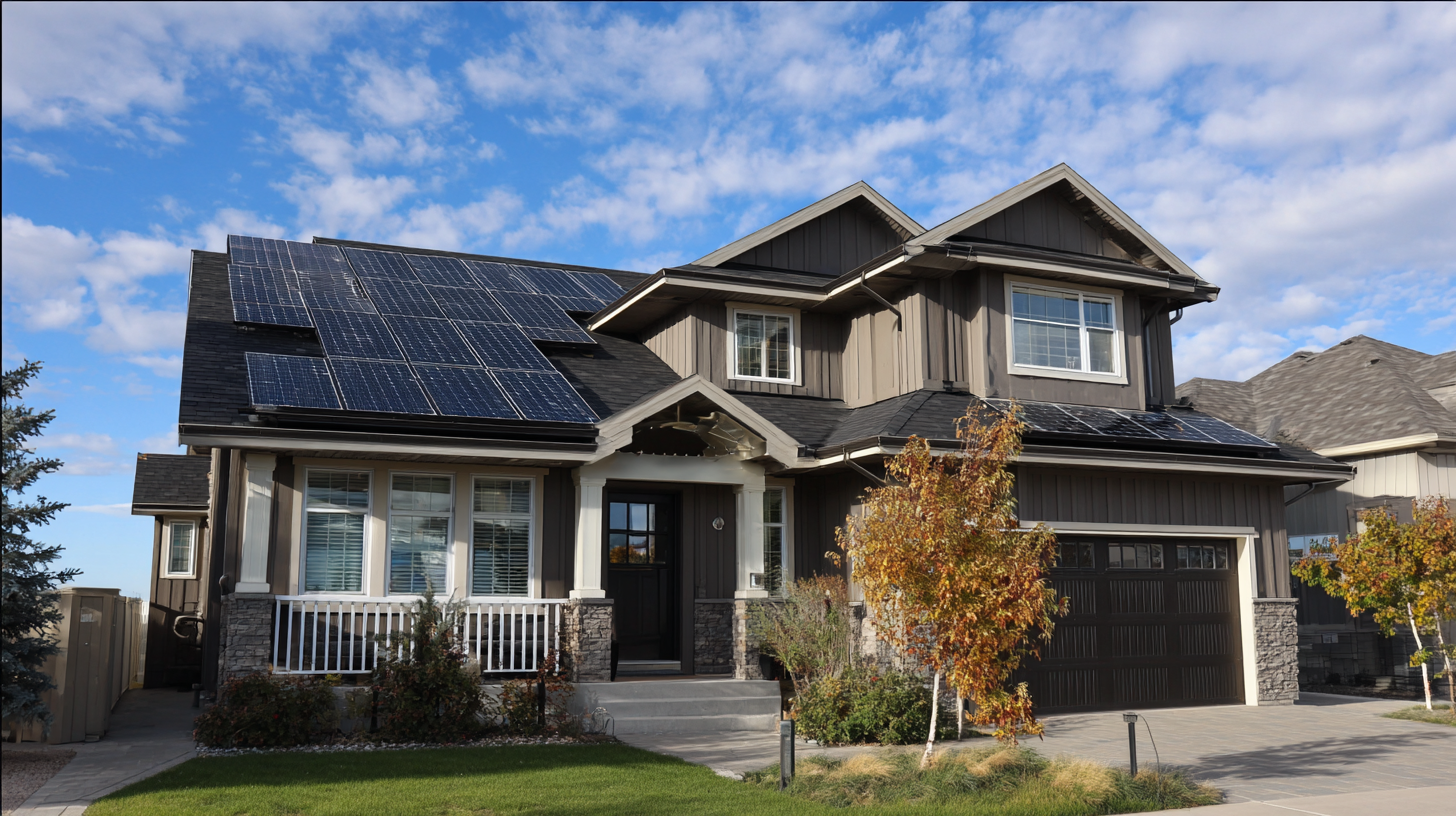
Another important factor is the amount of sunlight your location receives. The National Renewable Energy Laboratory (NREL) reports that homes in sunny states like California can generate significantly more solar energy than those in areas with cloud cover or heavy rainfall. This solar potential not only influences the size of the system you need but also affects the overall energy yield.
Additionally, the orientation and tilt of your roof will impact the efficiency of solar panels, making it essential to consider these physical characteristics when determining the best system size for your home. Taking these factors into account will help you choose a solar system that fits seamlessly with your lifestyle and energy requirements.
Exploring Financing Options for Solar Energy Systems
When considering a residential solar energy system, exploring financing options is essential to ensure a feasible and sustainable investment. Various financing methods can accommodate different budgets and priorities, ranging from upfront purchases to more flexible alternatives like loans and leases. Homeowners should evaluate their financial situation, as paying the full cost upfront can provide long-term savings through immediate energy bill reductions and potential tax incentives.
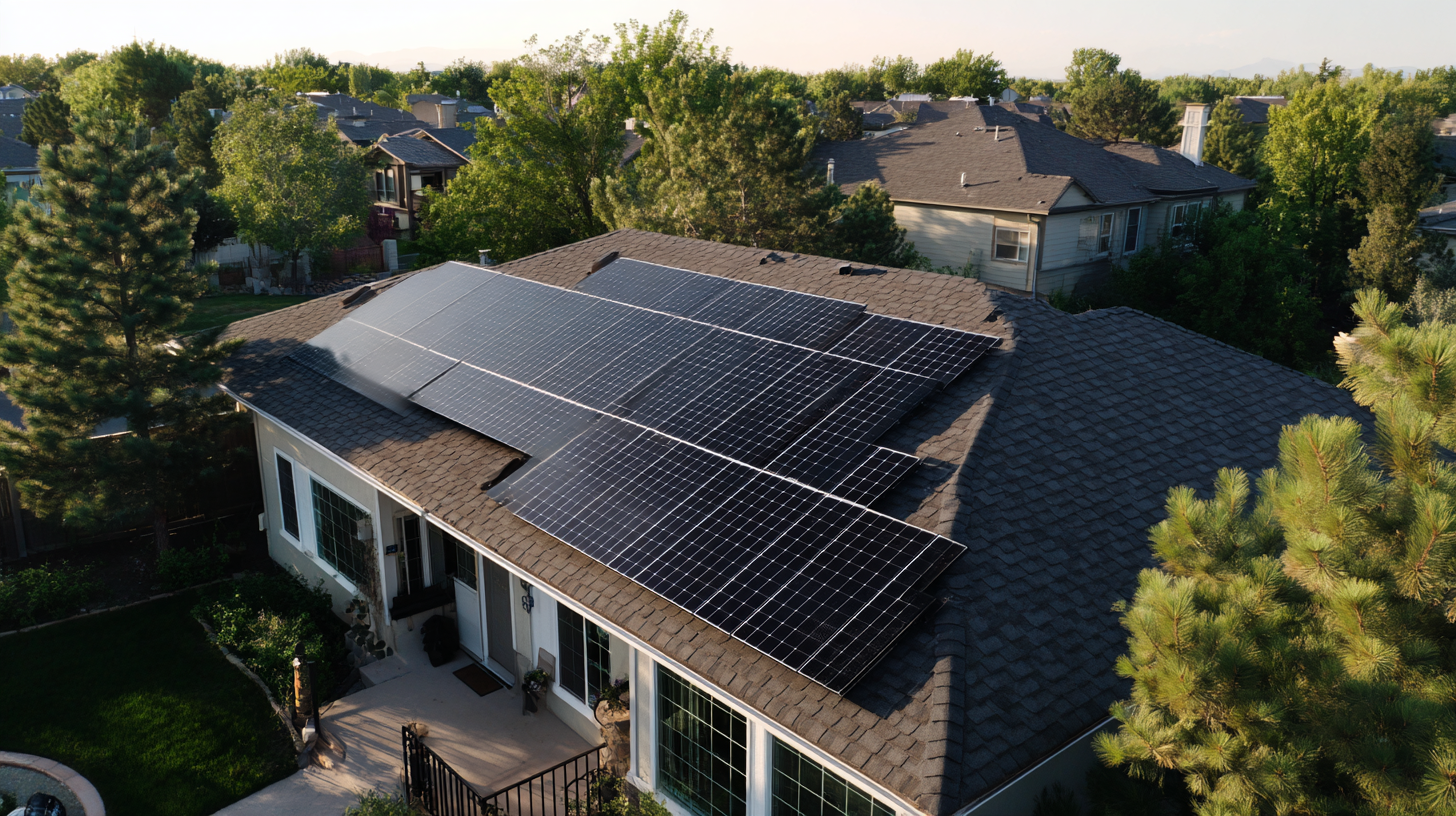
Choosing the Right Installation Partner for Your Solar Project
When embarking on your solar project, selecting the right installation partner is crucial for ensuring a successful transition to renewable energy. The right partner will not only help you choose the appropriate solar system based on your home's needs but also provide expertise during installation, resulting in a more efficient process.
**Tips: Researching Potential Installers**
Start by researching several solar installation companies in your area. Look for those with strong reviews and testimonials from previous customers. A solid track record will give you confidence in their ability to deliver quality work. Additionally, verify their certifications and affiliations with industry organizations to ensure they meet professional standards.
**Tips: Evaluate Communication and Support**
When speaking with potential installers, pay attention to their communication style and willingness to answer your questions. A trustworthy partner should be transparent about the installation process, available products, and warranties. Strong customer support can make a significant difference, especially if you encounter any issues post-installation. This relationship will be essential as you navigate the benefits of your new solar system.
How to Choose the Right Residential Solar System for Your Home - Choosing the Right Installation Partner for Your Solar Project
| Criteria | Details | Importance |
|---|---|---|
| System Type | Grid-tied, Off-grid, Hybrid | High |
| Energy Needs | Monthly electricity usage, Peak load requirements | High |
| Installation Partner | Experience, certifications, customer reviews | Critical |
| Cost | Investment, Payback period, Incentives | High |
| Warranty | Manufacturer and installation warranties | Medium |
| Sustainability Goals | Reduction of carbon footprint, energy independence | Medium |
| Local Regulations | Permitting, rebates, and laws | Medium |
Related Posts
-
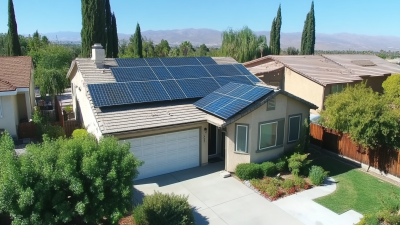
Global Solar Panel Installation Market Insights for 2025 and Future Innovations
-
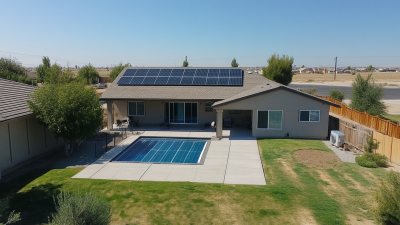
Exploring Success Stories of Residential Solar Systems and Challenges in Sustainable Energy Adoption
-
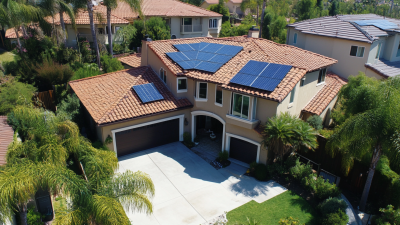
Unlocking Sustainable Energy Trade 7 Key Certifications for Residential Solar Systems
-
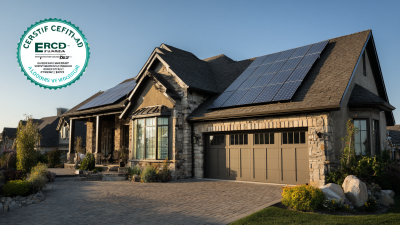
How to Navigate Export Certifications for the Best Residential Solar Systems: A Comprehensive Guide
-
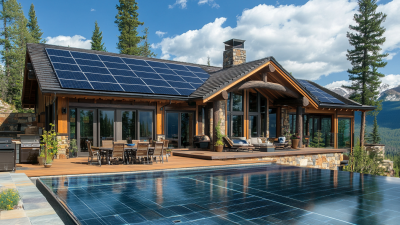
Global Insights on Residential Solar Panels Market by 2025 Trends Data and Strategies for Success
-
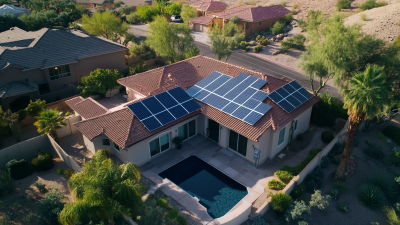
7 Insights to Maximize Your Investment in Smart Solar Energy Solutions